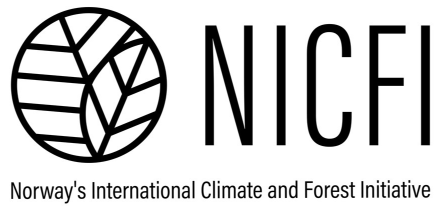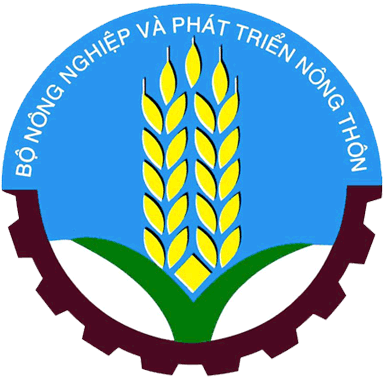Acknowledging the role of forests in climate change mitigation and adaptation, Vietnam and more than 140 countries signed the Glasgow Leaders’ Declaration on Forests and Land Use at COP26 to halt and reverse forest loss and land degradation. The country is also a member of the Forest and Climate Leaders’ Partnership launched at COP27. In addition, Vietnam has strengthened its Nationally Determined Contributions (NDCs) targets in reducing deforestation and forest degradation.
Carbon markets are being promoted by the international community as an effective financing mechanism to reduce emission from deforestation and forest degradation, protect forests and other carbon sinks, such as peatlands and wetlands. There are positive signs for forest carbon market development, with almost USD 400 million generated in global voluntary carbon market transactions between 2017 and 2019. At least USD 5.9 billion flowed to forest carbon offset projects around the world, with an additional USD 1.3 billion disbursed or contracted to support developing countries in protecting their forests. However, these transactions have yet to match forestry’s full potential.
Vietnam’s forestry sector is preparing and implementing several carbon projects to mobilize additional finance for long-term sustainable forest management. These projects also aim to provide practical lessons learnt for future domestic carbon markets and prepare Vietnam to join the global carbon market in the future. However, the implementation of these projects has been impeded by the unclear global institutional architecture of carbon markets (e.g., Article 6 of the Paris Agreement, international financial institutions) and the national policy framework.
Agreements at COP27 on Article 6 of the Paris Agreement, which regulates the operationalization of carbon markets, brings both opportunities and challenges for countries, including Vietnam to design and implement forest carbon market in effective, efficient, and equitable manner.
The pathway Vietnam adopts for its forest carbon market to achieve sustainable socio-economic development goals and climate change adaptation and mitigation pledges is critical yet remains unanswered question for many policy makers and practitioners in the country.
This workshop brings together policy makers, practitioners, academia, private sector, civil society organizations and local communities to discuss:
- status and future trends of forest carbon markets
- updates from COP27 and its implication for global carbon markets and Vietnam
- lessons learnt from other forest rich countries (e.g. Peru, Indonesia) on how they establish and operationalize forest carbon markets
- opportunities and challenges for Vietnam to design and operate forest carbon market.
The workshop aims to provide policy makers and practitioners with updated and comprehensive analysis and information on carbon markets for their decision-making. The workshop is co-organized by the Ministry of Agriculture and Rural Development (MARD), Center for International Forestry Research (CIFOR) and IUCN.
Attendance is by invitation only.




















